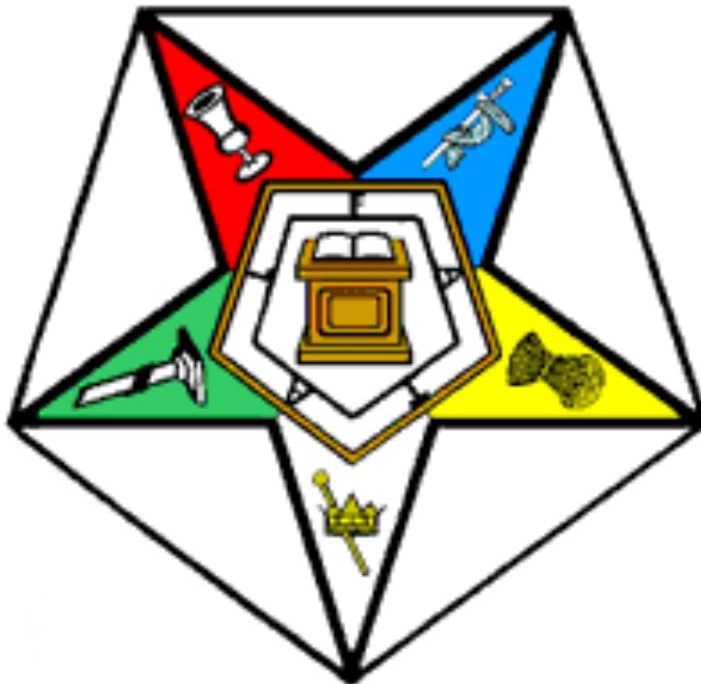Grand Lodge
A Grand Lodge in Freemasonry is the primary administrative and governing body responsible for overseeing Masonic lodges within a specific jurisdiction, which could be a state, province, or country. The Grand Lodge ensures that the lodges within its jurisdiction operate according to Masonic principles, traditions, and regulations.


Grand Lodge
The Grand Lodge of the State of New York has a long history and is the governing body of Freemasonry in the State of New York. Like many organizations Masons elect their leaders. The Grand Lodge of the State of New York is headed by the Grand Master who is aided by a team of officers both elected and appointed.
The Grand Lodge of the State of New York acts as the coordinating body for many functions undertaken throughout the state. Its various committees organize blood drives, Child ID programs and charitable events around New York.
Grand Lodge
-
Key Functions of a Grand Lodge
- Governance: The Grand Lodge establishes the rules, regulations, and policies that all subordinate lodges within its jurisdiction must follow. This includes the standardization of rituals and ceremonies.
- Oversight: It supervises the activities of subordinate lodges to ensure compliance with Masonic law and to promote harmony and uniformity within the fraternity.
- Administration: The Grand Lodge handles administrative tasks such as maintaining membership records, managing finances, and conducting official correspondence.
- Support: Provides resources, education, and guidance to subordinate lodges and their members. This can include training for lodge officers, Masonic education programs, and support for charitable activities.
- Communication: Acts as a central point of communication for lodges within its jurisdiction, disseminating important information, updates, and announcements.
- Ceremonial Role: Conducts grand Masonic ceremonies, including the installation of lodge officers, cornerstone layings, and other significant events.
Structure of a Grand Lodge
The Grand Lodge is typically structured with a hierarchy of elected and appointed officers, including:
- Grand Master: The highest-ranking officer, responsible for overall leadership.
- Deputy Grand Master: Assists the Grand Master and acts in his stead if needed.
- Grand Wardens (Senior and Junior): Responsible for supporting the Grand Master and overseeing the functioning of the lodges.
- Grand Secretary and Grand Treasurer: Handle administrative and financial duties.
- Other Officers: Such as Grand Chaplain, Grand Orator, Grand Marshal, Grand Deacons, and more, each with specific roles to support the operations and rituals of the Grand Lodge.
Jurisdiction and Autonomy
Each Grand Lodge operates independently and has sovereignty over Freemasonry within its jurisdiction. There is no overarching global authority in Freemasonry; instead, Grand Lodges recognize each other based on shared principles and mutual agreement, allowing for inter-jurisdictional relationships and cooperation.
Overall, the Grand Lodge plays a crucial role in maintaining the integrity, continuity, and unity of Freemasonry within its area of authority.
